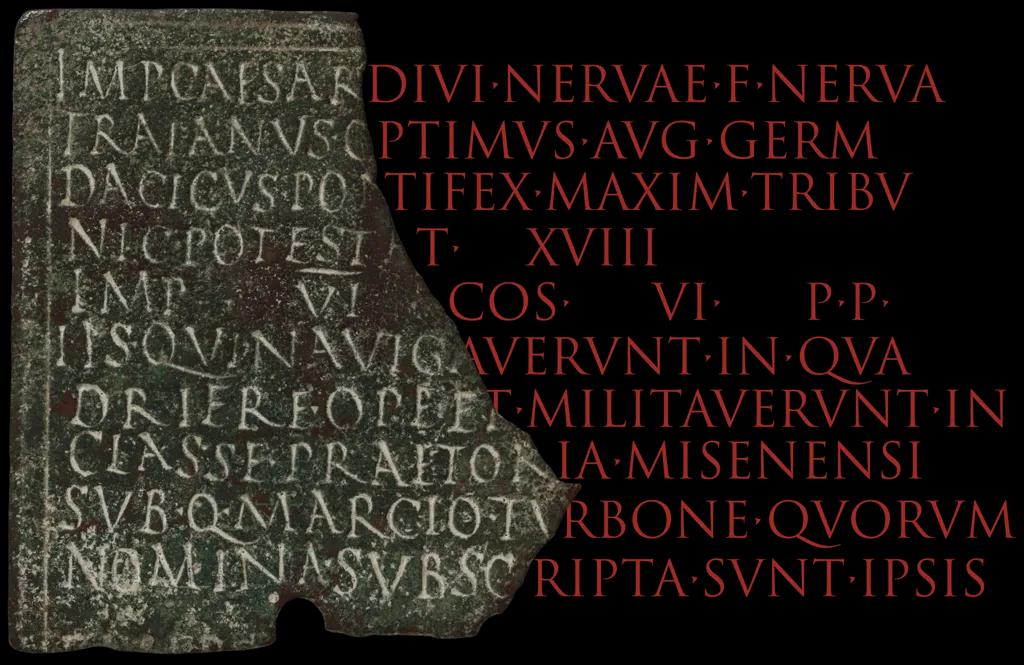
London, United Kingdom (Enmaeya News) — A new artificial intelligence tool named Aeneas promises to revolutionize the study of ancient Roman inscriptions by quickly filling in missing words, dating texts, and locating their origins, researchers say.
The technology builds on previous AI efforts, such as reconstructing damaged Roman scrolls, but goes further by analyzing inscriptions carved on monuments and everyday objects. These texts often suffer damage or erosion, leaving historians with incomplete information.
“Interpreting inscriptions is like solving a gigantic jigsaw puzzle with tens of thousands of pieces, of which 90% are lost,” said Dr. Thea Sommerschield, a historian at the University of Nottingham who co-led the research.
Traditionally, scholars spend months or years comparing partial inscriptions to similar texts, known as parallels, to infer missing content. Aeneas automates this painstaking process by scanning a database of 176,000 Roman inscriptions to identify relevant parallels almost instantly.
“Historians simply can’t assess parallels across tens of thousands of inscriptions in seconds,” said Dr. Yannis Assael, an AI specialist at Google DeepMind and co-developer of Aeneas. “That’s where AI comes in as an assistant.”
The tool was tested on the Res Gestae Divi Augusti, a key Roman text inscribed on a monument in Ankara, Turkey. Aeneas narrowed the likely date of the inscription to between 10 and 20 CE, closely matching historians’ consensus.
In trials with 23 historians, those using Aeneas produced more accurate results than either AI or humans working alone. Sommerschield said the system not only accelerates research but reveals parallels historians might otherwise miss.
However, experts caution that AI is not error-proof. “Aeneas is a tool to guide historians, not replace them,” Assael said. “It’s up to human experts to evaluate its suggestions.”
Cambridge University’s Prof. Dame Mary Beard described the technology as potentially “transformative” for understanding history, opening new horizons for interpreting ancient texts.



